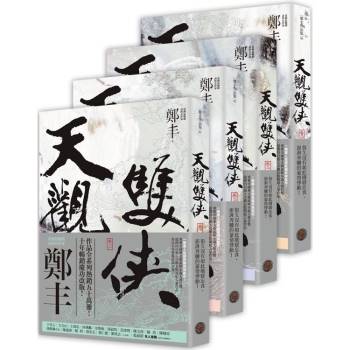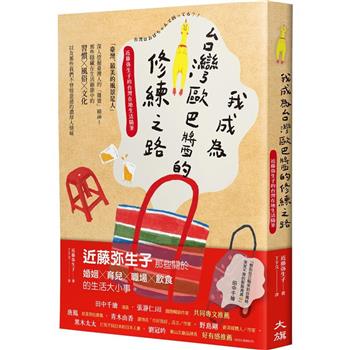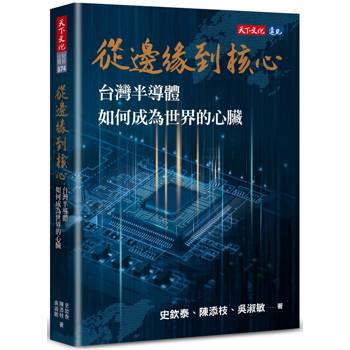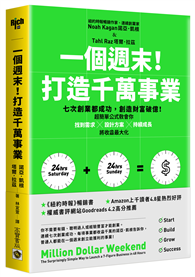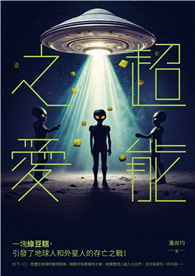序
This volume is based partly on papers presented at the Berendel Foundation’s
second annual conference held at Queen’s College, Oxford between 8 and 10
September 2011. The conference benefitted from the generous financial support
of the Berendel Foundation and the Wellcome Trust (Grant no. 096561). I am
grateful to these two institutions and to the participants for making the conference
the success that was.
Crafting humans’ – and its corollary human enhancement – is a contested
topic, both in medical sciences and the humanities.With continuing advances in
science and technology, scientists and the general public alike are aware that the
basic foundations of the human condition are now at stake. This is amply evidenced
in the ‘Superhuman’ exhibition (19 July–16 October 2012) at the
Wellcome Collection in London. One important message of this exhibition is that
the human body could be changed and transformed through the enhancement of
basic physical and mental capacities. Yet, the current discussion of human enhancement
– as illustrated by the specialists invited to contribute and whose
opinions have been recorded for the exhibition – has largely ignored the (pre-)
history of theories of social and biological improvement. The biological malleability
of the ‘human’ is something that is now taken for granted but this volume
questions this aptitude to change and improve humans, highlighting three
critical aspects: the role of religion; the importance of historical time and the
corporeality of historical subjects, like races, nations and societies. Despite the
rapid growth of interest in the interconnectedness of technological progress,
biomedical sciences and ethics, alongside the health benefits of recent discoveries
in genetics and genomics, discussing current theories of human enhancement
within their historical, religious, philosophical, and cultural contexts,
from Antiquity onwards, remains yet to be achieved. In the decisive debates
over the excesses and disastrous effects of human dreams of perfectibility
(particularly since the Holocaust), the problematic connotations of ‘crafting
humans’ are ever present. And if this prompts us to be more careful when
discussing the intellectual sources of contemporary technologies of human
improvement, than it is crucial that we take such claims seriously. Understanding
the human must, therefore, be as much a form of moral introspection
and historical responsibility as a quest for scientific knowledge and adaptability
to technological progress.
This volume is but a modest contribution to this growing body of work. To
some extent, it complements the Wellcome exhibition on the ‘Superhuman’ by
considering the historical, ethical, and philosophical questions raised by the
project of crafting and enhancement. The chapters included here offer insights
into some of the reflections and imaginaries that have inspired and legitimated
both theoretical and practical programmes for ‘crafting’ humans, ranging from
the religious/spiritualist and the philosophical/cultural, to the secular and the
scientific/scientistic; from the mystical quest for human perfection, to the biopolitical
eugenic state of the twentieth century, and current genetic theories of
human enhancement. While vast bodies of scholarship have been devoted to
each of these individual topics, this volume discusses them in a synchronized
way, as interrelated variants of the most central story in history, that of human
perfectibility.
Above and beyond these general comments, there are some specific aknowledgements
that I would like to make. Firstly, for permission to reproduce the
photo on the cover, I am grateful to theWellcome Library, London. Secondly, due
to unforeseen circumstances Sorin Antohi could not join me in editing this
volume. However, my discussions with him about ‘crafting humans’ have been
inspiring and he has left a last inprint upon this volume. As such, I am grateful
for his unfailing support and encouragment. Thirdly, this volume would not
exist without the editorial support and occasional stylistic veto of Stephen
Byrne. This is certainly a better book as a result of our collaboration. Finally, the
volume is dedicated to Yehuda Elkana, who unfortunately passed away as this
volume was prepared for publication. His illness precluded him from submitting
his contribution but his complicitous humor and critical acumen, displayed so
vividly during the conference, are not forgotten. He was a great scholar and a
true friend.
London, 10 October 2012 Marius Turda
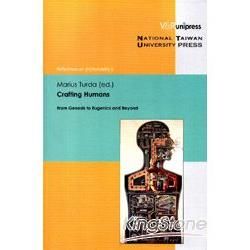
 共
共 
